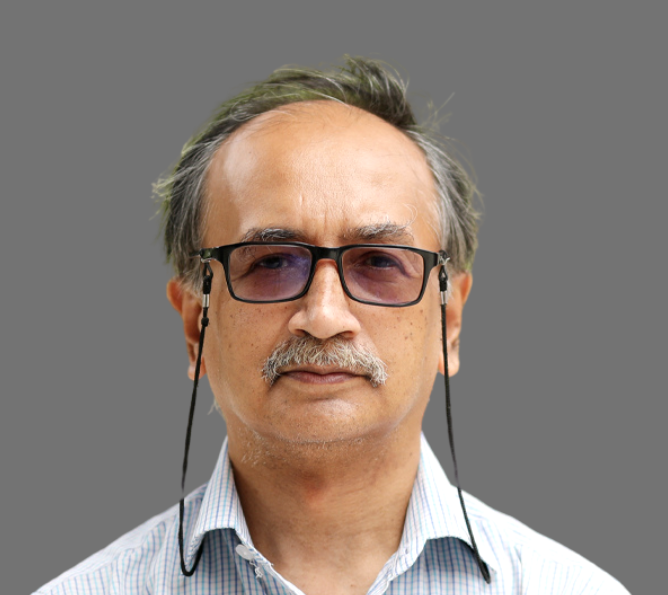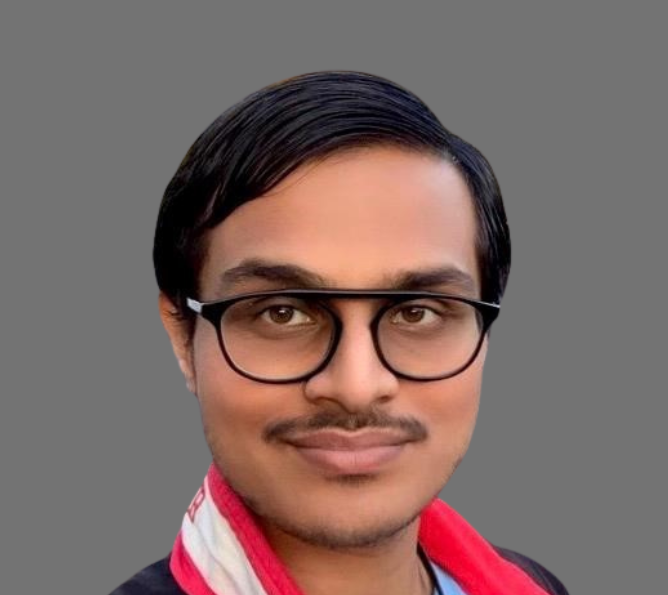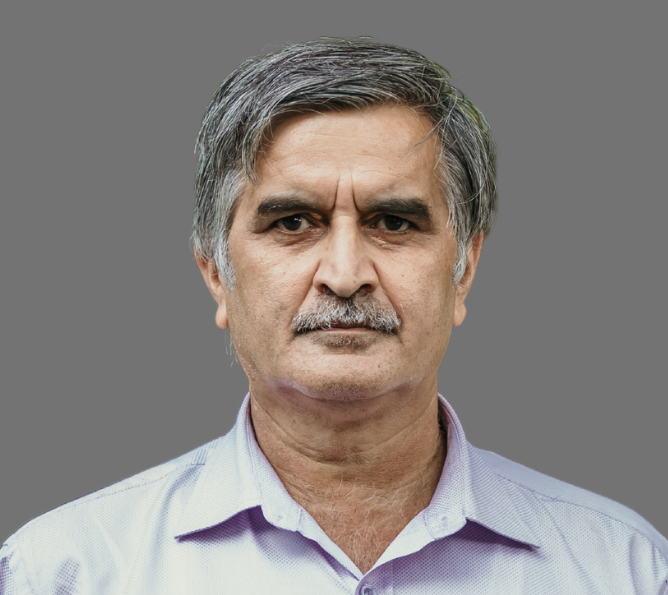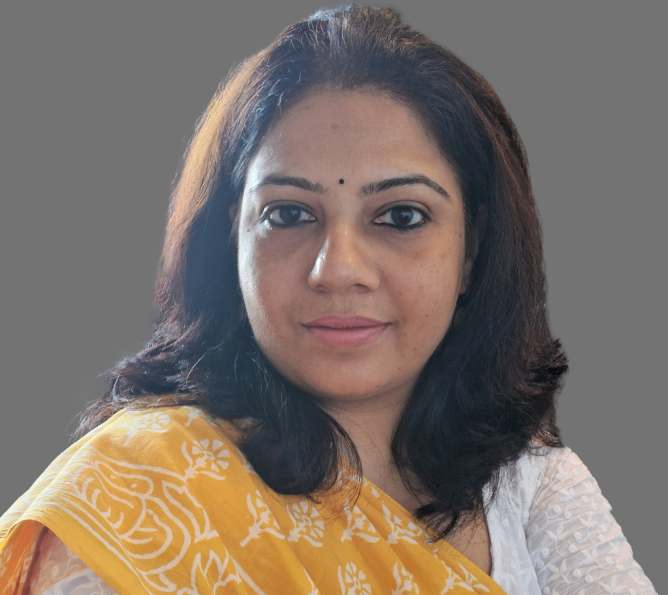“The economic stability of India is intricately linked to climatic patterns. Our collaboration with IGSD will help us build robust models to predict and mitigate the adverse effects of climate change, particularly those stemming from Arctic ice melt, on our agriculture and economy.”—says Sanjib Pohit
 The Arctic is warming four times faster than the global average, primarily driven by a “cascade of feedbacks” that collectively amplify Arctic warming. Arctic amplification describes how the Arctic responds to global temperature changes more dramatically than lower latitudes. The mechanisms driving this amplification include reduced albedo from the loss of sea ice and decreased snow cover (known as the ice-albedo feedback), increased water vapour in the Arctic atmosphere, altered cloud cover, added heat in the newly ice-free ocean areas, a lowered rate of heat loss due to lower surface temperatures in the Arctic and reduced air pollution.
The Arctic is warming four times faster than the global average, primarily driven by a “cascade of feedbacks” that collectively amplify Arctic warming. Arctic amplification describes how the Arctic responds to global temperature changes more dramatically than lower latitudes. The mechanisms driving this amplification include reduced albedo from the loss of sea ice and decreased snow cover (known as the ice-albedo feedback), increased water vapour in the Arctic atmosphere, altered cloud cover, added heat in the newly ice-free ocean areas, a lowered rate of heat loss due to lower surface temperatures in the Arctic and reduced air pollution.
Arctic amplification can alter large-scale atmospheric flow and contribute to extreme weather events beyond the Arctic. Changes in the Arctic can influence weather systems passing through the mid-latitudes, increasing the incidence of cold spells over land. India is particularly impacted by these changes, which are likely to affect critical aspects of national development such as economic security, water security, sustainability, weather conditions, monsoon patterns, coastal erosion and glacial melting. Indian agriculture heavily depends on the monsoons, as it receives around seventy per cent of its annual rainfall during this season.
The principal aim of this study is to quantify the impact of Arctic ice melting on India’s agriculture in general and its pass-through effect on the Indian economy. The analysis will be based on a multi-sector CGE model of India with detailed agricultural sectors so that all the major crops are represented. Important agriculture-linked manufacturing sectors will also be incorporated to capture the two-way transmission mechanism of agriculture to non-agriculture sectors. The business-as-usual (BAU) scenario and policy scenario for future periods (mid-century) will be run on this model to understand the implications for the Indian economy. Multiple scenarios of impact analysis on agriculture and GDP will be undertaken based on climate change predictions (precipitation, temperature, etc.) provided by climate modellers. Thus, we expect to provide a range of estimates on the impact on India’s agriculture, food security and GDP depending on climate change predictability.
Principal Investigator/Point of Contact: Sanjib Pohit







 The Arctic is warming four times faster than the global average, primarily driven by a “cascade of feedbacks” that collectively amplify Arctic warming. Arctic amplification describes how the Arctic responds to global temperature changes more dramatically than lower latitudes. The mechanisms driving this amplification include reduced albedo from the loss of sea ice and decreased snow cover (known as the ice-albedo feedback), increased water vapour in the Arctic atmosphere, altered cloud cover, added heat in the newly ice-free ocean areas, a lowered rate of heat loss due to lower surface temperatures in the Arctic and reduced air pollution.
The Arctic is warming four times faster than the global average, primarily driven by a “cascade of feedbacks” that collectively amplify Arctic warming. Arctic amplification describes how the Arctic responds to global temperature changes more dramatically than lower latitudes. The mechanisms driving this amplification include reduced albedo from the loss of sea ice and decreased snow cover (known as the ice-albedo feedback), increased water vapour in the Arctic atmosphere, altered cloud cover, added heat in the newly ice-free ocean areas, a lowered rate of heat loss due to lower surface temperatures in the Arctic and reduced air pollution.





